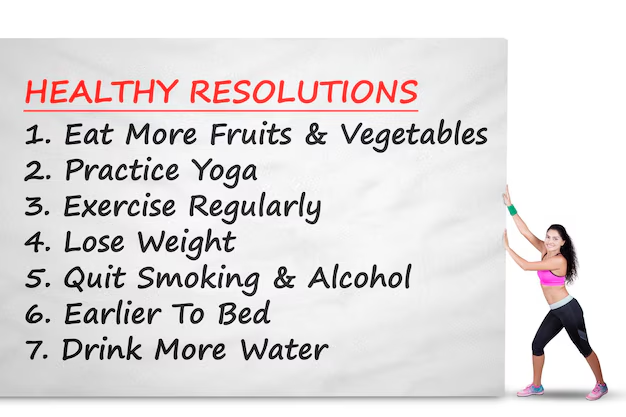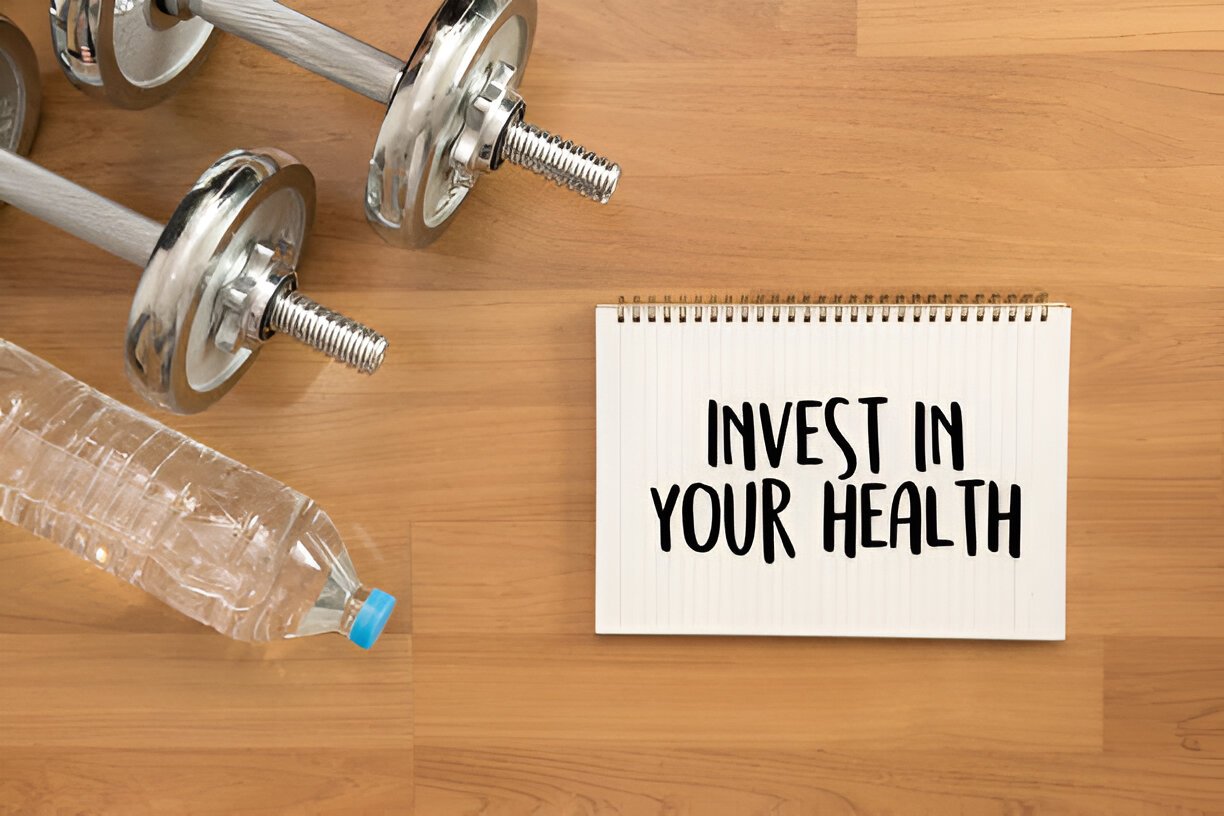
Fitness
Achieving optimal health is a goal that many strive for, but it can often feel overwhelming with the abundance of information available. Whether you’re looking to improve your physical fitness, eat more nutritious foods, or focus on overall wellness, taking a holistic approach is key. This ultimate health guide covers everything you need to know about fitness, nutrition, and wellness, offering practical tips and actionable advice to help you live your best life.
Fitness: Building Strength, Endurance, and Flexibility
When it comes to fitness, consistency is the cornerstone of success. Engaging in regular physical activity helps improve cardiovascular health, build muscle strength, increase flexibility, and reduce stress. Below are some tips to help you maximize your fitness routine.
1. Find Your Exercise Type Not all exercises are created equal, and finding the right type for your body and goals is crucial. Whether you prefer cardio, strength training, yoga, or high-intensity interval training (HIIT), there’s a form of exercise for everyone. Experiment with different activities to discover what you enjoy the most, as enjoyment will keep you motivated.
2. Create a Balanced Routine Incorporating a variety of exercises into your weekly routine ensures that all aspects of fitness are addressed. Aim for a mix of cardiovascular exercises (like running or cycling), strength training (with weights or resistance bands), and flexibility training (such as yoga or Pilates). This well-rounded approach helps improve overall fitness, prevents boredom, and reduces the risk of injury.
3. Prioritize Recovery Recovery is just as important as the workout itself. Rest days allow your muscles to repair and grow stronger. Don’t neglect sleep, hydration, or stretching, as they play a vital role in the recovery process. Aim for 7-9 hours of sleep per night to support your fitness goals.
4. Set Realistic Goals Setting achievable and measurable fitness goals can provide motivation and direction. Break down long-term objectives into smaller, more manageable milestones. Whether it’s running a 5K or increasing your strength, tracking progress keeps you on the path to success.
Nutrition: Fueling Your Body for Optimal Health
Nutrition is the foundation of good health, as the food we eat directly impacts our energy levels, immune system, and overall well-being. Adopting a balanced, nutrient-rich diet helps support fitness goals, improve mental clarity, and prevent chronic diseases. Here are some essential nutrition tips for a healthier lifestyle.
1. Focus on Whole, Nutrient-Dense Foods The key to a healthy diet lies in whole, unprocessed foods. These include fruits, vegetables, lean proteins, whole grains, and healthy fats. Nutrient-dense foods provide the vitamins, minerals, and antioxidants your body needs to function optimally. Incorporate a wide variety of colors on your plate to ensure you’re getting a broad spectrum of nutrients.
2. Balance Macronutrients Your diet should include a balance of protein, carbohydrates, and healthy fats. Protein is essential for muscle repair and growth, while carbohydrates provide energy for your workouts and daily activities. Healthy fats, like those found in avocados, nuts, and olive oil, help with cell function and hormone regulation. Aim to include all three macronutrients in every meal to maintain energy and support overall health.
3. Stay Hydrated Water is vital for digestion, circulation, temperature regulation, and overall cellular function. Dehydration can lead to fatigue, poor concentration, and muscle cramps. Make it a habit to drink water consistently throughout the day, and increase your intake during workouts or in hot weather.
4. Mindful Eating Paying attention to how and when you eat is just as important as what you eat. Mindful eating encourages you to savor your food, listen to your hunger cues, and avoid overeating. Taking time to appreciate your meals can also improve digestion and reduce stress.
Wellness: A Holistic Approach to Mental and Emotional Health
Wellness is more than just physical health; it encompasses mental, emotional, and social well-being. A balanced approach to wellness fosters overall happiness and resilience. Here are some wellness tips to improve your quality of life.
1. Manage Stress Effectively Chronic stress can negatively impact your health, leading to issues such as anxiety, sleep disturbances, and even physical ailments. To combat stress, engage in relaxation techniques such as deep breathing, meditation, or mindfulness. Finding hobbies or activities that bring you joy and laughter can also help alleviate stress.
2. Cultivate Positive Relationships Strong social connections are essential for mental and emotional health. Surround yourself with positive, supportive people who encourage your growth and well-being. Taking time to nurture relationships with family and friends is crucial for reducing feelings of isolation and boosting overall happiness.
3. Prioritize Mental Health Mental health is just as important as physical health, and seeking help when needed is vital. Practice self-compassion, engage in activities that promote mental clarity (like journaling or practicing gratitude), and don’t hesitate to seek professional support if you’re struggling with mental health issues.
4. Practice Mindfulness Mindfulness involves staying present and fully engaged in the moment. Regular mindfulness practice can reduce stress, improve emotional regulation, and enhance overall mental well-being. Try incorporating mindfulness into your daily routine, whether through meditation, mindful walking, or simply paying attention to your breath.
Conclusion: Your Journey to Better Health Starts Today
Achieving better health is a lifelong journey that involves a balanced approach to fitness, nutrition, and wellness. By focusing on consistent physical activity, nourishing your body with whole foods, and taking care of your mental and emotional health, you can build a foundation for lasting well-being.
Remember that small, consistent changes lead to big results. Stay patient with yourself, celebrate your progress, and continue to learn and grow. Your health is your most valuable asset, and investing in it today will pay off in the future.












